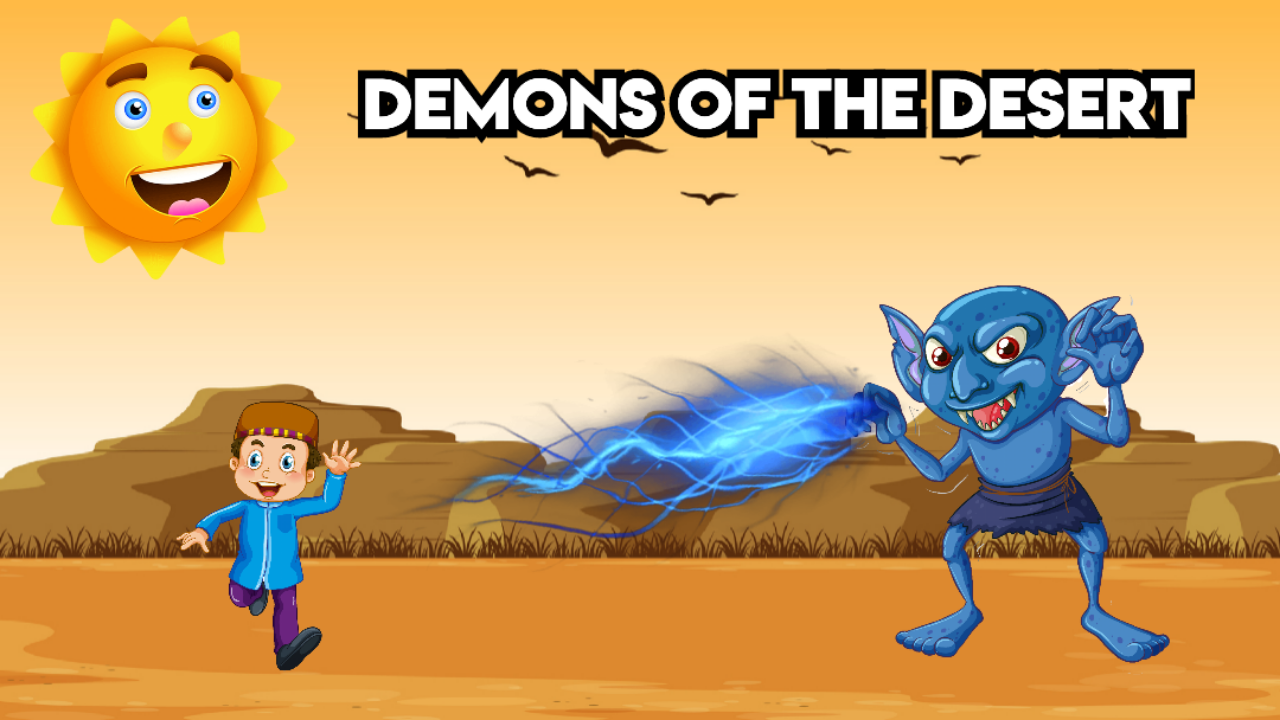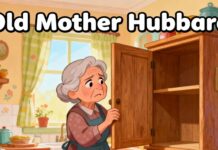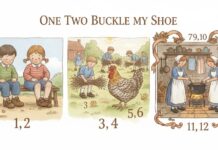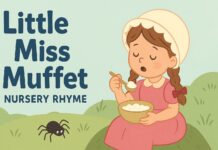Demons in the Desert: The Correct Way of Thinking
There once were two merchants who were close friends. They had to decide whether to go together since they were both preparing for business travels to promote their goods. They both agreed that it would be difficult to go at the same time because they both had around 500 carts and were travelling in the same direction along the same road.
One decided that going first would be much better. The bullocks will be able to select the best grass out of all the available options, we’ll find the greatest fruits and veggies to eat, my people will respect my leadership, and in the end, I’ll be able to negotiate for the best pricing, he reasoned.
After giving it some thought, the other merchant realized there were benefits to going second. He thought, “Because of my friend’s carts, the ground will be levelled and we won’t need to do any roadwork. His bullocks will also eat the old, unappealing grass, and new, tender shoots will emerge for me to eat. In a similar manner, they will harvest the ripe fruits and vegetables so that new ones can grow for our enjoyment. When I can accept the price that has already been set and make a profit, I won’t have to waste time haggling.” He consequently consented to let his friend go first. This friend left first because he was confident that he had misled him and triumphed.
The merchant who went first encountered difficulties. They arrived at a wilderness area known as the “Waterless Desert,” which the locals claimed was home to demons. The caravan encountered a sizable group travelling in the opposite direction as they approached its centre. They were pulling carts that were covered in water and mud. Both in their hands and on the carts, they were carrying lotuses and water lilies. Why are you carrying these hefty loads of water, the head man, who had a superior attitude, asked the merchant. You’ll have plenty of water to drink and dates to eat when you get to that oasis on the horizon. Throw away the water and be kind to your overworked animals because your bullocks are exhausted from pulling those heavy carts filled with extra water!
The locals had warned them, but the merchant was unaware that these were not actual people but disguised demons. Even worse, they posed a threat of eating them. He took their advice and had all of his water dumped on the ground because he felt they were kind people.
They found neither an oasis nor any water as they continued on their journey. Some began to complain and accuse the merchant after realising they had been duped by creatures who may have been demons. Everyone was worn out by the end of the day. Due to a lack of water, the bullocks were unable to pull the heavy carts. Everyone, including the animals, collapsed to the ground in a haphazard fashion and dozed off. As it turned out, the demons arrived during the night in their actual terrifying forms and devoured all the frail, defenceless creatures. Not a single person or animal was still alive when they were finished; only bones remained.
The second merchant started his journey in the same direction after a few months had passed. He gathered all of his people when he got to the wilderness and told them: “I’ve heard that this area, known as the “Waterless Desert,” is inhabited by ghosts and demons. We must therefore exercise caution. Do not drink any local water without consulting me because there may be poisonous plants and contaminated water.” They entered the desert in this manner.
Similar to the first caravan, they were met by the water-soaked demons in disguise after reaching about halfway through. They advised them to discard their water because the oasis was close by. But the astute merchant immediately recognised their lies. He was aware that it was absurd to have an oasis in a region known as the “Waterless Desert.” In addition, he thought they might be demons because of their swollen red eyes and aggressive demeanour. “We are businessmen who don’t throw away good water before we know where the next is coming from,” he said in order for them to leave them alone.
The merchant then addressed his own people after noticing their uncertainty by saying, “Till we find water, don’t believe these people, who may be demons. The oasis they point to might just be a mirage or an illusion. Do you know anything about the “Waterless Desert”? Do you notice any storm clouds or feel any wind or rain?” All of them said, “No, he said, “if we believe these strangers and discard our water, we might later run out and be unable to cook or drink. At that point, we would be weak and thirsty, making it simple for demons to come and rob us or even consume us. Therefore, don’t waste even a drop of water until we actually find it!”
The first caravan’s people and bullocks were killed and eaten by the demons there, and the second caravan carried on until it arrived there that evening. They discovered the carts and a large number of bones, both human and animal. The fully loaded carts and the strewn bones were evidently from the previous caravan. The sage merchant assigned some people to keep watch over the camp at night.
The people had breakfast the following morning and fed their bullocks well. The most valuable items still in the first caravan were added to their cargo. As a result, they returned home safely after completing their journey successfully and were able to enjoy their earnings with their families.
The moral is: One must always be wise enough not to be fooled by tricky talk and false appearances.




















